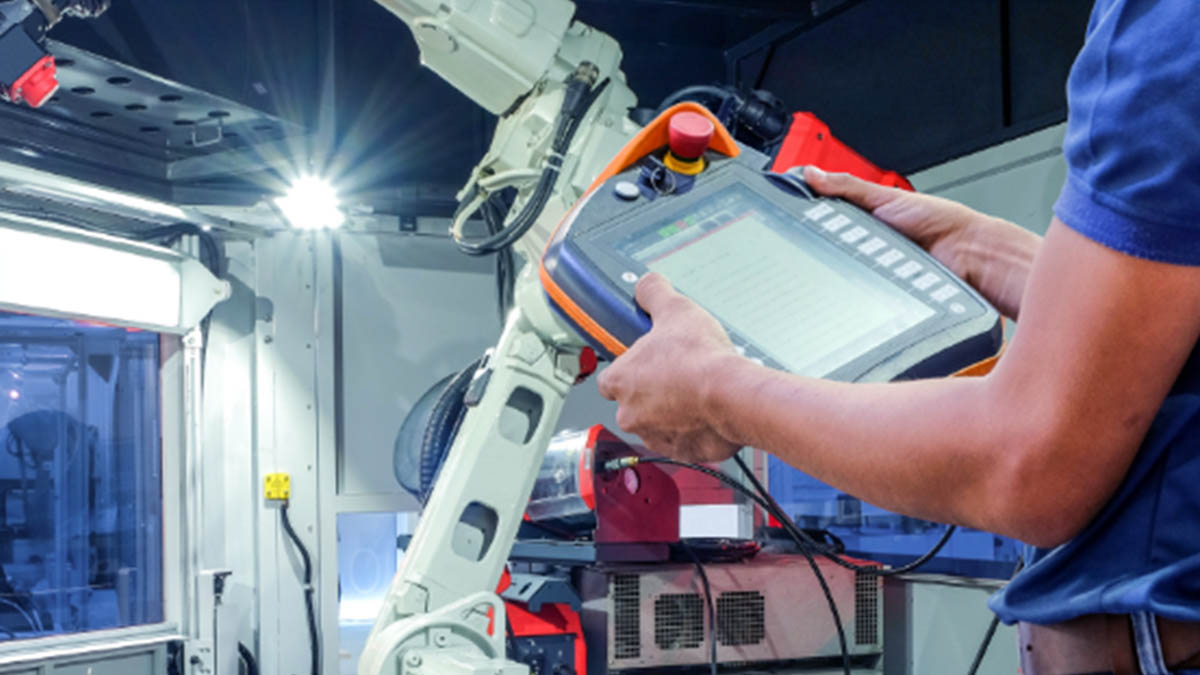
Industrial Cybersecurity and corporate information systems
In the new global scenario, physical and digital world converge and bring new challenges to companies.
Cybersecurity, information systems, as well as OT operational networks and companies’ corporate IT systems merge to connect several elements of production, as part of the fourth transformation or what is known as Industry 4.0.
Globalization and digitalization make the fusion of these systems inevitable; cybersecurity may be jeopardized by vulnerabilities within operations networks, other than the needs of corporate information systems or the increasing threats such as errors, fraud, espionage, sabotage, or even natural causes.
That is why it is required to have an integral management of industrial cybersecurity from different points of view like operational, legal and institutional.
The new digital economy is based on Big Data technologies, however globalization of markets, proliferation of interconnected equipment and sensors, online activity, among others, generate volumes of data that traditional analysis, treatment and management systems are not able to manage.
Thanks to Artificial Intelligence applied to the analysis of information within robotized production systems, it is now possible to redefine industrial processes and improve the competitiveness of production, however for such a purpose it is required to adopt certain standards, regulations and guarantees in terms of privacy that facilitate the transfer and use of information.
The security of data and information systems should be a strategic priority, especially in the protection of critical infrastructures, since vulnerabilities and cybersecurity threats may heavily affect the production and economy of a company.
To favor the move to digitalization, there is an initiative for management, which establishes 91 requirements for an industry or a company to be considered as digital. It includes requirements from cybersecurity aimed at ensuring controls to infrastructure to staff training.
Many industries lack tools to effectively manage cybersecurity OT, that is why companies that decide to take the step towards the fourth transformation must previously resolve vulnerabilities.
As one of current examples that reveal the effects of notable vulnerabilities that affect information networks and production plant systems, many systems are not designed to connect to external networks through the Internet or multiple wireless devices. Another example is represented by the international scenario of growing cybersecurity threats in the industrial field.
It is mandatory to deal with cybersecurity from a global point of view and at the same time with a perspective that integrates a policy on cybersecurity, as well as, enhance collaboration between people in charge of OT and IT areas despite the different responsibilities of their positions.
Learn about the cybersecurity solutions that we offer at Ikusi for your company.


